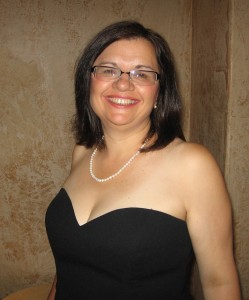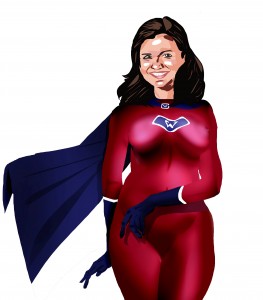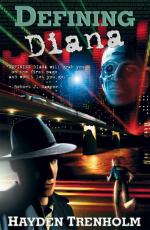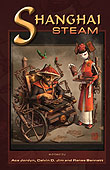Guest Post by Petra Klarbrunn
Horror is more than just a genre on a tiny shelf at your local bookstore. Horror is an emotion, a revulsion, a reaction to something that triggers the baser instincts. After you read something that got under your skin, you have physical reactions. Your heart rate increases, your breathing quickens, and you might even get some goosebumps. Every sense is heightened, to the point where you hear things such as the house settling, where you see little shadows out of the corner of your eye, where your mouth gets dry, and when your skin feels oddly chilled. They’re caused by your natural instincts ramping up to a possible threat.
It’s this reaction that separates horror from other genres. Romance, with its chocolate-like endorphin rushes, comes in at a distant second place. Some even say horror and romance are the flip sides of the same coin, but I’m not that cynical to declare it true, perhaps because I’m a hopeless romantic.
Horror and romance also have something in common — they can be used within any other genre. There are arguments that the movie Alien is a horror movie first and foremost. It certainly has all the hallmarks — life and death struggles with an unknown monster that just won’t die, people who disappear, shocking events and revelations caused by man’s inhumanity towards mankind. Many folks liked the sequel, Aliens. More of the same, plus add in a kid in trouble and wave after wave of monsters attacking. The folks who saw the movies in the theatre probably left exhausted from having their bodies in a two hour fight-or-flight state, plus the ultimate shock at seeing how much a popcorn and soda would cost for each member of the family.
One can mix in horror or romance to shift the tone of the book. Romance can be used sparingly to build tension, such as the creepy love triangle between Luke, Leia, and Han Solo. Be careful not to let it derail the plot. If you’re writing a western, make sure westerny things go on while the characters woo each other. The same goes for horror. One can mix horrific things into the plot to build tension, to raise the stakes for the protagonist, or to even show how desperate some of the characters are.
“I don’t think we should unleash the world-devouring creature because your rival king made a remark about your nose, Sire.”
Releasing the Kracken should be reserved when all seems lost, and you want to add in one straw to your camel’s overburdened back at the end of the novel. Of course, make sure your heroine also has a way to defeat it, even if it means they fall in love…but that drifts off into hentai territory, which you should think long and hard about before venturing there.
No matter what genre you write, horror is something that can change the dynamic of your story. If your protagonist’s opposing army general too blah? Have the leader send in some assassins equipped with poisoned arrows — to kill the heroines love interest. Have the general unleash a paranormal entity that can’t be stopped. Those will push the general up the “evil villain” scale and certainly ramp up the tension for the heroine we’ve all come to love over the last 200 pages.
And if you really want to cause panic, add in a romance to the middle of your seven-volume military hard sci-fi epic. That should scare most of your readers to death.




